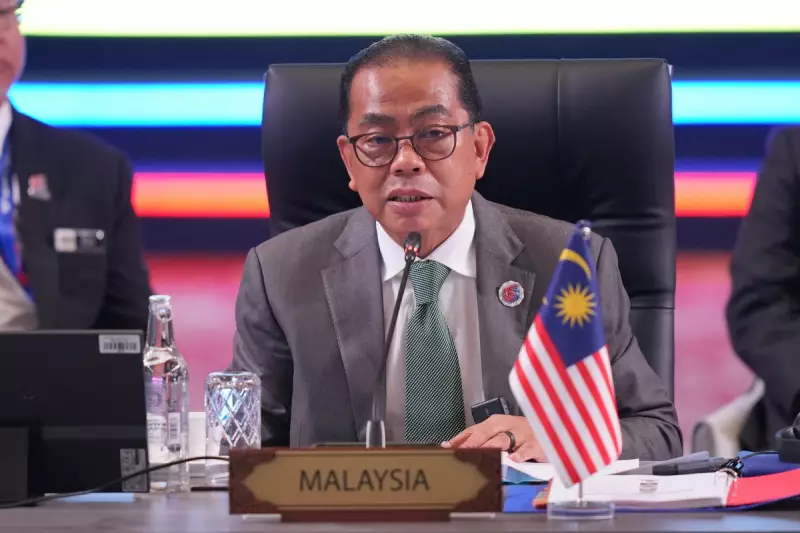
In a dramatic turn at the ASEAN foreign ministers' meeting in Kuala Lumpur, Malaysia has launched a scathing critique of the regional bloc's approach to Myanmar's escalating crisis, demanding immediate and meaningful engagement with opposition forces.
The strongly-worded statement from Malaysia's foreign ministry represents a significant challenge to ASEAN's traditionally consensus-driven diplomacy, highlighting growing impatience with the military junta's persistent violence and refusal to implement the Five-Point Consensus peace plan agreed upon two years ago.
Breaking Diplomatic Norms
Malaysian officials minced no words in their assessment, stating that ASEAN must "start formal engagements with the National Unity Government (NUG) and other relevant stakeholders" - a direct challenge to the junta's legitimacy that breaks with the bloc's usual preference for quiet diplomacy.
The statement emerged as ASEAN ministers gathered for crucial talks, with the Myanmar crisis dominating discussions despite the junta's continued exclusion from high-level meetings over its failure to honour peace commitments.
Humanitarian Catastrophe Deepens
Recent months have witnessed a dramatic escalation in Myanmar's conflict, with civilian casualties mounting and over two million people displaced from their homes. The humanitarian situation has deteriorated sharply, with aid agencies reporting severe restrictions on life-saving assistance delivery.
Malaysia's intervention reflects growing regional concern that the crisis is spiralling beyond control, potentially destabilising neighbouring countries through refugee flows and cross-border violence.
Regional Security at Stake
Foreign ministers expressed particular alarm about reports of airstrikes and artillery fire near border areas, raising fears that the conflict could spill across Myanmar's frontiers. The situation has prompted urgent calls for coordinated regional action to prevent further escalation.
As one Southeast Asian diplomat noted anonymously, "The time for gentle persuasion has passed. We're dealing with a regime that has shown complete disregard for human life and regional stability."
ASEAN's Credibility Test
The Kuala Lumpur meeting represents a critical test for ASEAN's relevance in resolving regional crises. With Malaysia taking a leadership role in demanding tougher action, other member states face pressure to abandon their cautious approach.
Observers suggest that Malaysia's strong stance could signal a broader shift within ASEAN towards more assertive diplomacy, potentially reshaping how the bloc addresses future regional conflicts.
The outcome of these discussions may well determine whether ASEAN can maintain its central role in Southeast Asian affairs or risk becoming sidelined in one of the region's most severe political and humanitarian crises in decades.





